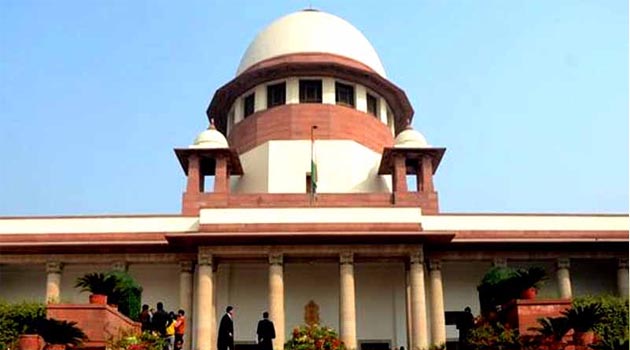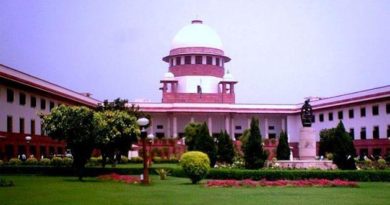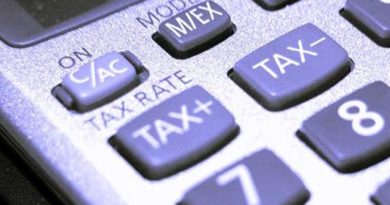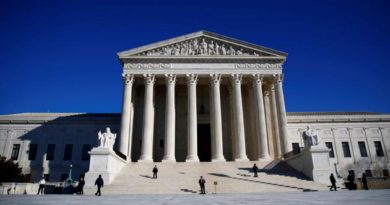Supreme Court tax exemption ruling may lead to fresh litigation
Supreme Court ruling in favour of tax department in cases that involve ambiguity in tax exemption clause may trigger a fresh slew of litigation. Experts said the department was likely to re-open similar cases that were decided with a liberal interpretation of tax laws, in favour of the assessee.
The five-judge bench in its order put the onus on the assessee to demonstrate they meet all the conditions for availing any exemption. This will mean businesses will have to be extra careful in planning tax exemptions and holidays, experts said. “The burden of proof will go up and planning will need to be carefully done,” noted Girish Vanvari, founder, Transaction Square, a tax consultancy firm.
The Constitutional bench’s order overruled its 21-year-old verdict that in case of any ambiguity in a tax exemption provision or notification, it must be interpreted in favour of the assesse claiming the benefit.
Amit Maheshwari, partner of Ashok Maheshwary & Associates, said the ruling effectively meant that if any area-based exemption was available under direct and indirect tax laws, and if any conditions attached for availing the exemption were not complied, the exemption could be denied. “The burden of proof of eligibility of exemption shall be on the taxpayer,” he added.




